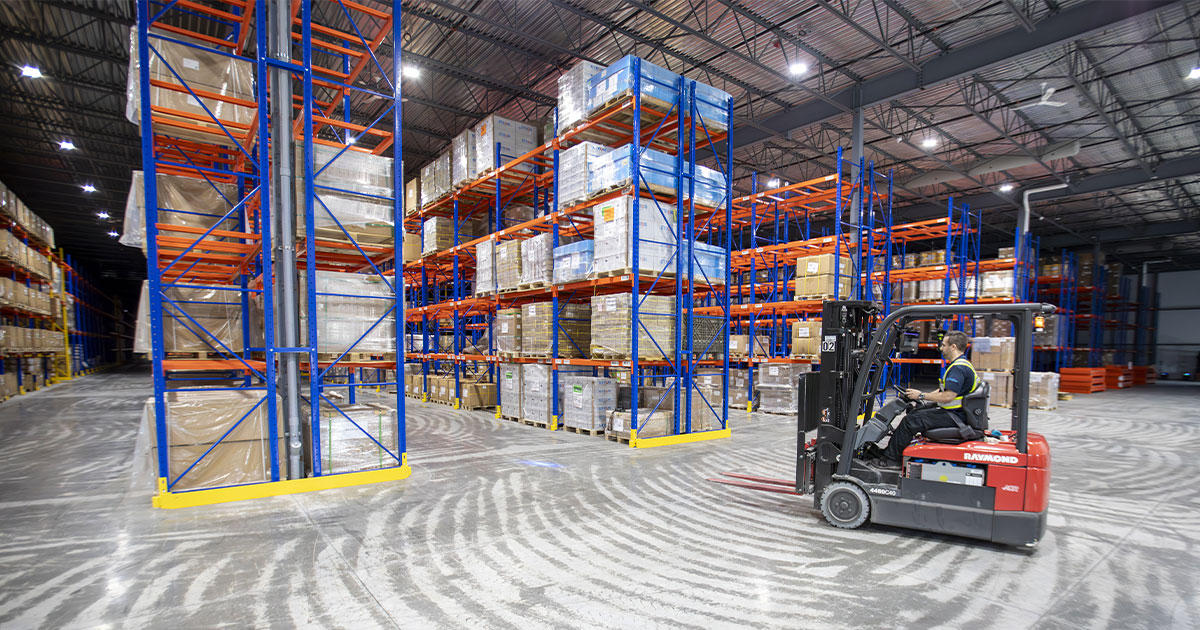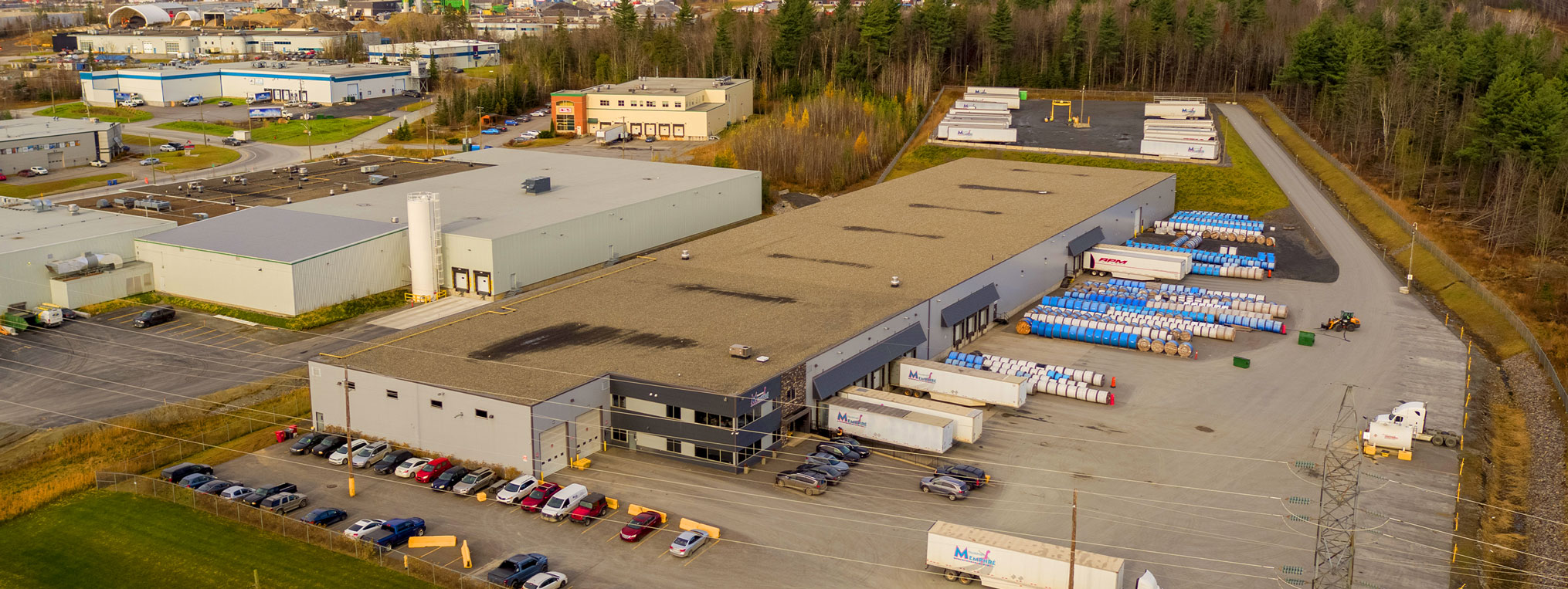
13 Feb Storing Competitor Products: Best Practices for Seamless Logistics
When choosing a reliable partner for storing competitor products and managing transport logistics, one question arises: how can you ensure your goods are effectively protected from potential competitors? Indeed, competitor products are sometimes stored under the same roof. It’s essential to ensure your transport provider adheres to best practices in confidentiality, security, and ethics. Here are the key elements to consider when selecting the most reliable partner.
Proactive Communication
Effective communication is crucial for maintaining a relationship of trust. On your part, it’s essential to clearly outline your main concerns from the outset. This enables your transport provider to better understand your priorities and offer tailored solutions.
The provider can then supply you with regular, detailed reports to ensure all your requirements are being met.
Physical Security and Access Control
The physical security of your products is a non-negotiable criterion. Storing competitor goods in the same warehouse requires strict measures to prevent risks of confusion or theft. Ensure the warehouse is equipped with advanced surveillance systems, such as security cameras, motion detectors, and stringent access controls. These controls should apply to all personnel, with clearly defined zones dedicated to each client. Warehouse employees should also receive regular training on security protocols, especially regarding product handling and identification.
Physical Separation of Products
One of the best practices for storing competitor products is to establish clear physical separation. If the products must be stored in the same facility, it is essential to delineate distinct zones with appropriate storage systems and labeling for each product category.
This prevents not only storage errors but also accidental handling risks. In some cases, more advanced solutions, such as dedicated displays or mobile partitions, can be implemented to ensure complete isolation of products.
Confidentiality and Sensitive Information Management
In a competitive environment, confidentiality is paramount. Ensure your transport provider enforces strict protocols for handling sensitive information. This includes data access controls and non-disclosure agreements (NDAs) with employees who have access to strategic information, such as quantities or locations of competitor products. The provider must guarantee that your commercial, logistical, and strategic data are protected from accidental or intentional breaches.
Audits and Transparency
Transparency is essential in a partnership. Request regular security and compliance audits from your transport provider. These audits verify that internal practices align with the security, confidentiality, and ethical standards you expect. They can include external audits by recognized certification bodies or internal reviews conducted by specialized teams.
Risk Management and Dispute Resolution
Despite all precautions, mistakes can happen. Ensure your transport provider has a risk management policy in place. A reliable logistics partner should respond quickly in the event of an issue, whether it’s an incident or a misunderstanding.
They should be able to promptly resolve conflicts or problems related to storing competitor products. Additionally, they should protect your assets with insurance that covers all potential risks.
Conclusion
Storing competitor products poses challenges in terms of security and confidentiality but can be effectively managed. Clear communication and stringent security measures are essential for safeguarding your goods. Physical separation of products and sensitive information management are key practices to adopt. Moreover, transparent audits ensure flawless logistics and adherence to high standards. Choosing a transport provider like Memphré helps protect your products and commercial interests in a competitive environment.

